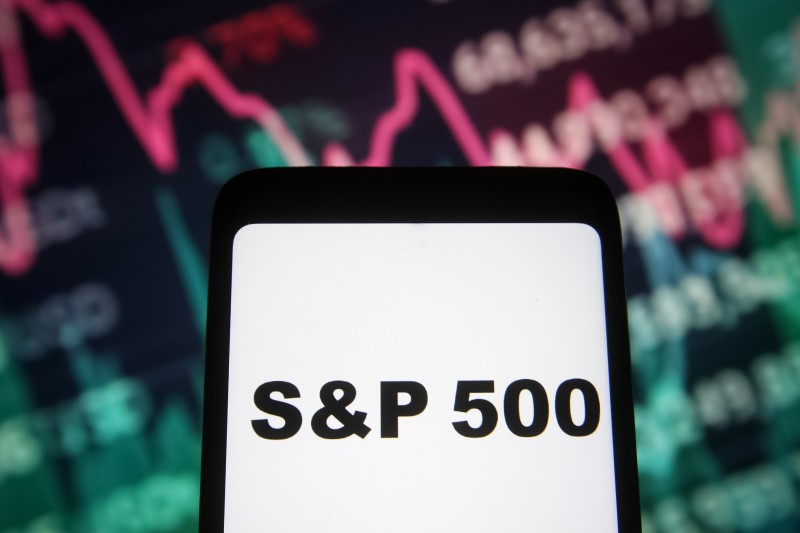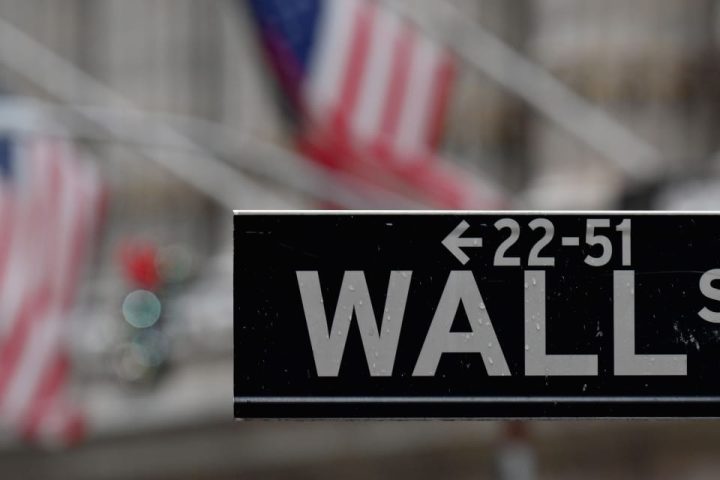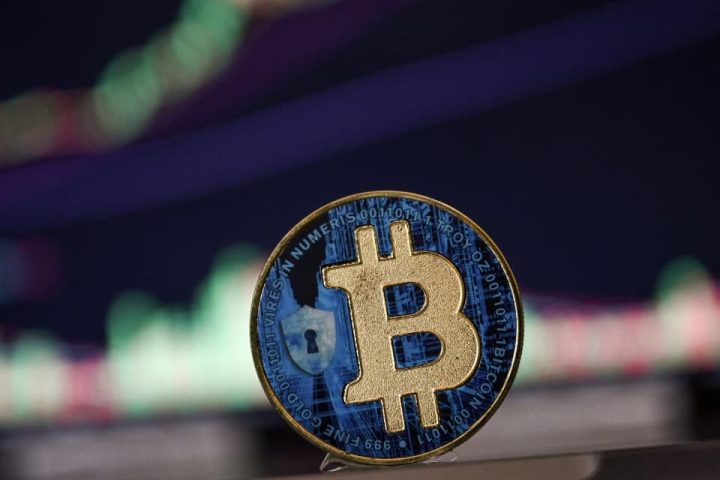(Reuters) -Financial markets have got off to a volatile start to the week, after Hamas militants launched an assault on Israel at the weekend, triggering violent conflict that left hundreds dead.
A bond market rout last week and currency gyrations already had financial markets on edge ahead of U.S. inflation numbers and the start of earnings season.
There’s plenty to chew over for policymakers meeting at the World Bank/International Monetary Fund annual meeting, while Britain’s opposition Labour party – vying for government – will set out its stall ahead of next year’s election.
Here’s your week ahead in markets from Kevin Buckland in Tokyo, Lewis Krauskopf in New York, Rachel Savage in Johannesburg, and Naomi Rovnick and Dhara Ranasinghe in London.
1/ A JAPANESE INTRIGUE
When all were bowing before king dollar in days gone by, the yen suddenly had other ideas. Following a grind to a new one-year peak above 150 yen on Tuesday, the bottom fell out, and a minute or so later the dollar was bouncing off 147.
Markets whispered about possible intervention, although many had doubts and the dollar recovered quickly, lacking the shock-and-awe of Japan’s move a year ago. Central bank data strongly hints of no official action that day. But the spectre of intervention will likely keep tugging at dollar spikes, maybe all the way until the next central bank decision on Halloween.
Meanwhile, the euro is facing its own ghosts, with resurgent oil prices hurting a deteriorating economy and renewed concerns about Italy’s fiscal position raising the risk of a move back towards the psychologically key $1 marker.
2/ HOT, COLD, OR JUST RIGHT?
With benchmark Treasury yields around 16-year peaks, stakes are high for Thursday’s monthly U.S. consumer price index report as investors gauge whether the Fed is likely to hike rates again to ensure inflation keeps cooling.
August data showed the fastest inflation increase in 14 months as the cost of gasoline surged, though the annual rise in underlying inflation was the smallest in nearly two years. With oil prices around $90 a barrel, energy prices are also in focus.
A hot report could spur worries that the Fed’s rate posture may grow even more hawkish after its ‘higher for longer’ mantra in September spooked markets. The Fed is broadly expected to hold rates steady at its Oct 31-Nov. 1 meeting, although some traders are betting on another increase.
3/ BETWEEN A YIELD AND A HARD PLACE
Reports from major banks kick off third-quarter earnings season for U.S. companies with equity investors eager for a catalysts to revive stocks in the face of surging bond yields.
JPMorgan, Citigroup and Wells Fargo will post results on Oct. 13 and give a first readout on the fallout from higher rates on issues from loan demand to consumer behaviour.
Other companies set to report include snacks and beverages giant PepsiCo (NASDAQ:) on Tuesday, Delta Air Lines (NYSE:) on Thursday and insurer UnitedHealth Group (NYSE:) on Oct 13.
Overall, companies are expected to increase third-quarter earnings by 1.6% compared to the year-ago period, according to LSEG IBES, after earnings dipped 2.8% in the second quarter.
4/ LABOUR TAKES THE STAGE
The UK’s governing Conservative party conference was marred by Prime Minister Rishi Sunak’s controversial move to downsize plans for a long-awaited high speed railway.
Now it’s time for the opposition Labour Party – riding high in opinion polls and having just clinched a clear by-election victory – to take the stage with business and markets looking out for what the potential next government might have to offer.
Asset managers are clamouring for Labour to listen to their ideas for reviving interest in the UK’s moribund stock market – and any sign of changing political winds may bring some respite to underperforming equities, analysts said.
Hopes for an economic bounce, however, will be tempered by the UK’s high government debt and Labour’s vow for prudent budgets with fiscal rules similar to the current government’s ones.
5/ MEETING IN MOROCCO
Finance officials and investors from around the globe are heading for the Morrocan city of Marrakech for the World Bank International Monetary Fund annual meetings. The gathering comes at a time when rocketing U.S. government bond yields that have led to a global jump in borrowing costs weigh on hopes that inflation can be lowered without triggering a major crisis.
Policy makers also face deepening global divides and calls from large emerging economies such as China to reform the Bretton Woods global financial architecture almost 80 years after it was established and make it more representative.
Amid these tensions, the IMF and World Bank are trying to boost their lending. Meanwhile, the Group of 20 leading economies’ flagship debt restructuring initiative, the Common Framework, will also be in focus as it continues to face intense criticism for delays and a lack of concrete outcomes.
(Graphics by Sumanta Sen, Pasit Kongkunakornkul, Vineet Sachdev and Riddhima Talwanin; compiled by Karin Strohecker; editing by Kim Coghill)
Read the full article here







